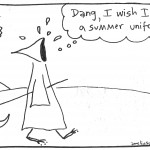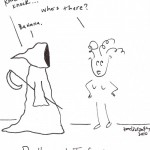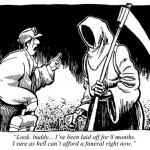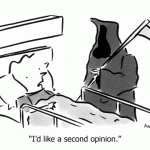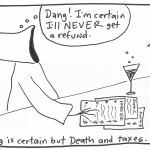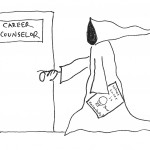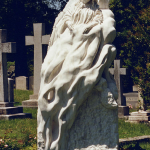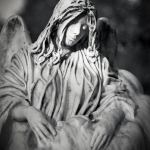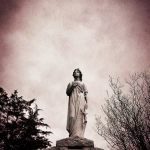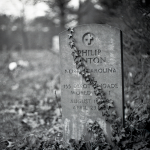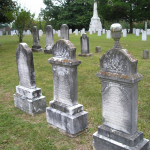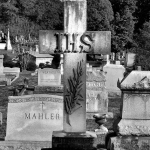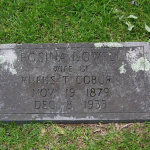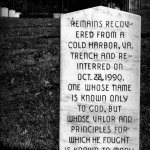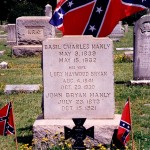Embracing Death for Ourselves and Our Patients
I have the honor of having an essay of mine published on NurseTogether today.
“I want to celebrate my belief that living well and dying well are one and the same thing. I’m not talking about adjusting deathbed pillows so that the dying people can strike heroic poses for the edification of onlookers. I’m talking about achieving a good death in the context of real dying – with all its unpredictability, disfigurement, pain, and sorrow.”
My name is Richard. I’m the founder of PARADIGM/Enhancing Life Near Death, a nonprofit organization with an outreach to terminally ill, seriously ill, elder, and dying people. I’m also the author of the newly published The Amateur’s Guide To Death And Dying. I’ve been invited to share some thoughts with you about my personal journey on patient deaths.
Although I’ve been working in this field for 30 years, I should probably say from the onset that witnessing patient deaths is not something I chose to do. It was more like this work chose me. Let me explain.
I finished my doctorate in San Francisco in 1981. That same year a mysterious thing began to happen. Gay men all across the country began to sicken and die from an unknown disease. Was this a diabolic plot of some kind? Perhaps it was divine retribution. Or was this simply a very serious medical emergency? The AIDS crisis had begun in earnest.
Because of my background in religion and psychology, friends turned to me for guidance, but I’m afraid that I had nothing to offer them. Nothing, in all my years of schooling, had prepared me for what was happening to the people I loved. I was petrified. All my greatest fears were being realized. What did it all mean? It was a desperate time and I was powerless. I could do nothing but sit and watch the nightmare unfold.
As it turned out, sitting and watching was the best thing I could have done, because as fate would have it, this time I was to be the student, not the teacher. In time, I became less anxious. The monstrous thing I feared for so long was being transformed. I was able to sit with death and not be afraid. Death was no longer the enemy, she had become what St. Francis called her, ‘sister death.’
Years of going from one death scene to another with hardly a break in between was exhausting but also rewarding. I began to see patterns develop. Despite the uniqueness of each death, I noticed there were two things all these deaths had in common. They were difficult and lonely affairs.
Difficult because in this culture we have a hard time recognizing when things are over, especially the things we enjoy – summer vacation, relationships, our youth and even life itself. This is a problem because being unable to acknowledge the end of something makes saying goodbye and thank you impossible.
And they were also lonely affairs, because the wisdom people come as they approached the end of their life often died with them. There simply wasn’t a medium for collecting this abundant wisdom and thus it was frequently lost.
Most people face their mortality in a vacuum of information and support. It is as if each of will have to learn to die from scratch, as if no one had died before us.
I figured there had to be a better way to deal with this fundamental fact of life. That’s why I’m here. I want to take a fresh look at my mortality, and do so in an interactive and positive way.
I look forward to other opportunities to address the topic of patient deaths and even dying as a personal issue in the weeks to come. Thank you for this opportunity to join you.
Complete Article HERE!
Hump Day Humor
Was your week as grueling as mine? Well I have the antidote.
HAPPY THANKSGIVING!
Hump Day Humor
It’s that time again! We love Wednesdays.
Remembrance
Remembrance – a poem by Emily Bronte
Cold in the earth—and the deep snow piled above thee,
Far, far removed, cold in the dreary grave!
Have I forgot, my only Love, to love thee,
Severed at last by Time’s all-severing wave?
Now, when alone, do my thoughts no longer hover
Over the mountains, on that northern shore,
Resting their wings where heath and fern-leaves cover
That noble heart for ever, ever more?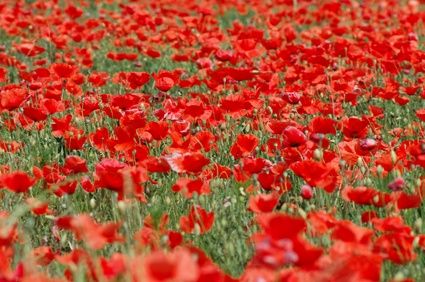
Cold in the earth, and fifteen wild Decembers
From those brown hills have melted into spring:
Faithful indeed is the spirit that remembers
After such years of change and suffering!
Sweet Love of youth, forgive if I forget thee,
While the world’s tide is bearing me along:
Sterner desires and other hopes beset me,
Hopes which obscure, but cannot do thee wrong!
No later light has lightened up my heaven;
No second morn has ever shone for me:
All my life’s bliss from thy dear life was given,
All my life’s bliss is in the grave with thee.
But when the days of golden dreams had perished,
And even Despair was powerless to destroy,
Then did I learn how existence could be cherished,
Strengthened, and fed without the aid of joy;
Then did I check the tears of useless passion,
Weaned my young soul from yearning after thine;
Sternly denied its burning wish to hasten
Down to that tomb already more than mine.
And even yet I dare not let it languish,
Dare not indulge in Memory’s rapturous pain;
Once drinking deep of that divinest anguish,
How could I seek the empty world again?
Meditation – Death by Helen Hunt Jackson
Death by Helen Hunt Jackson
My body, eh? Friend Death, how now?
Why all this tedious pomp of writ?
Thou hast reclaimed it sure and slow
For half a century bit by bit.
In faith thou knowest more to-day
Than I do, where it can be found!
This shrivelled lump of suffering clay,
To which I am now chained and bound,
Has not of kith or kin a trace
To the good body once I bore; 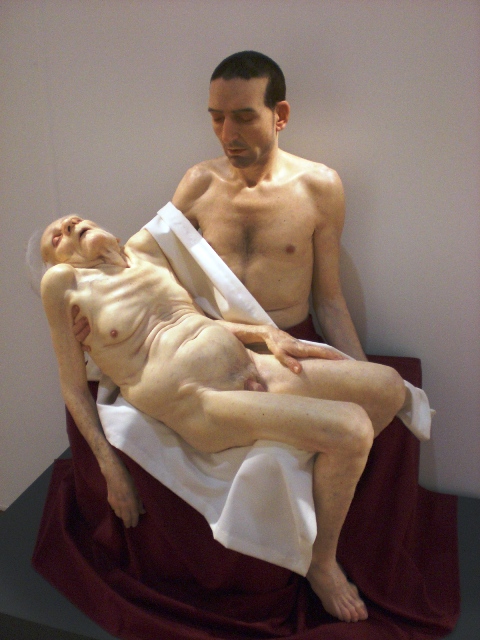
Look at this shrunken, ghastly face:
Didst ever see that face before?
Ah, well, friend Death, good friend thou art;
Thy only fault thy lagging gait,
Mistaken pity in thy heart
For timorous ones that bid thee wait.
Do quickly all thou hast to do,
Nor I nor mine will hindrance make;
I shall be free when thou art through;
I grudge thee nought that thou must take!
Stay! I have lied; I grudge thee one,
Yes, two I grudge thee at this last,–
Two members which have faithful done
My will and bidding in the past.
I grudge thee this right hand of mine;
I grudge thee this quick-beating heart;
They never gave me coward sign,
Nor played me once the traitor’s part.
I see now why in olden days
Men in barbaric love or hate
Nailed enemies’ hands at wild crossways,
Shrined leaders’ hearts in costly state:
The symbol, sign and instrument
Of each soul’s purpose, passion, strife,
Of fires in which are poured and spent
Their all of love, their all of life.
O feeble, mighty human hand!
O fragile, dauntless human heart!
The universe holds nothing planned
With such sublime, transcendent art!
Yes, Death, I own I grudge thee mine
Poor little hand, so feeble now;
Its wrinkled palm, its altered line,
Its veins so pallid and so slow —
Ah, well, friend Death, good friend thou art;
I shall be free when thou art through.
Take all there is — take hand and heart;
There must be somewhere work to do.
Cemetery Art – 9/04/12
Oakwood Cemetery, Raleigh NC



